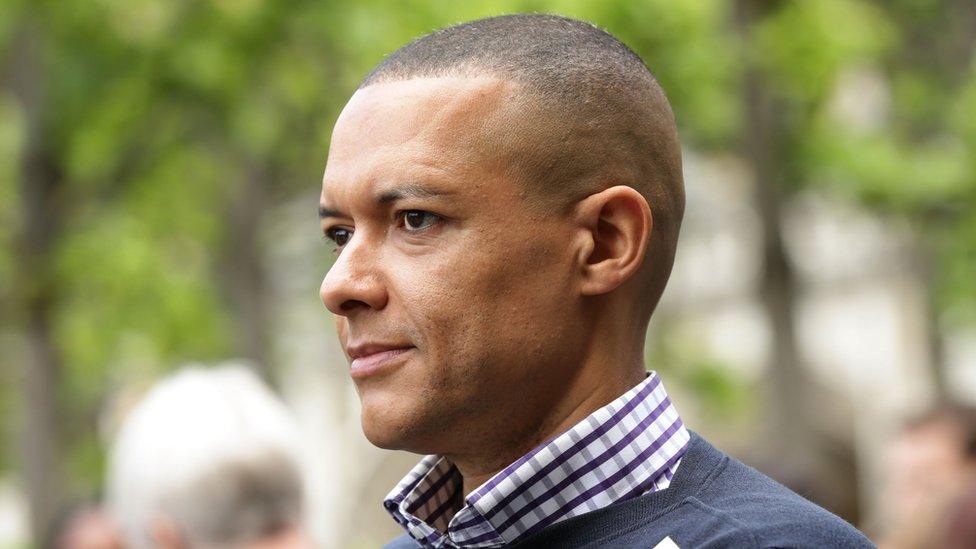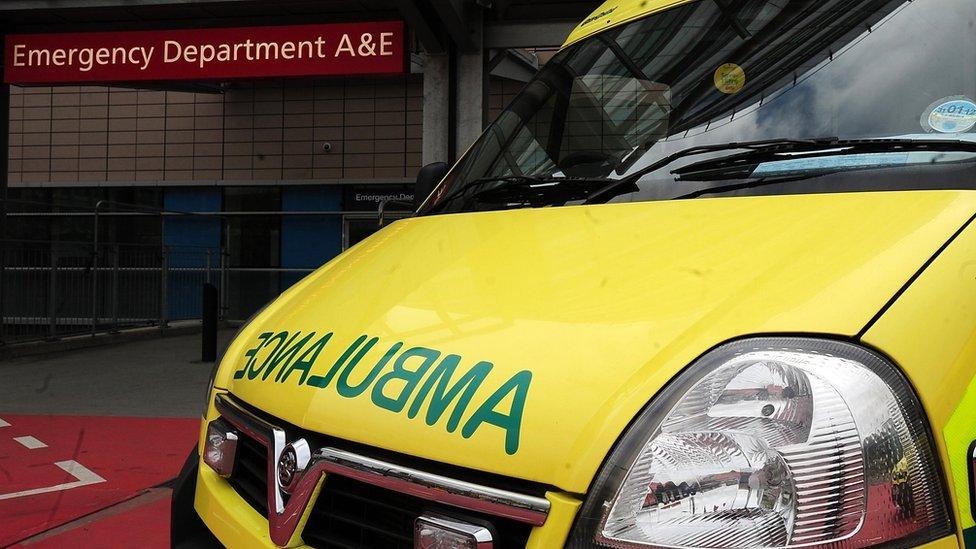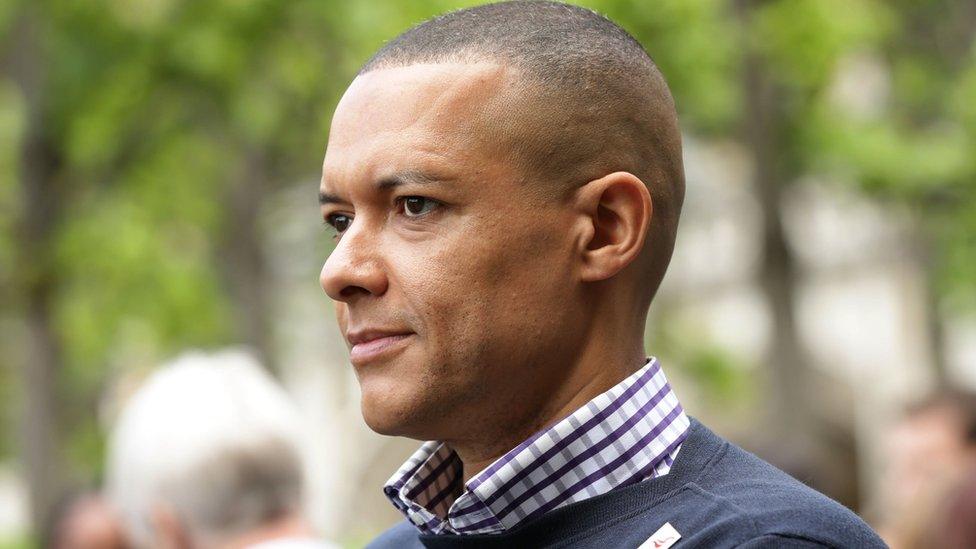East of England ambulance delays: 20 patients have died, says MP
- Published

Norwich South MP Mr Lewis said the trust could have called in the army
Twenty people died after ambulance delays over 12 days when a trust failed to move into its highest state of emergency, an MP has said.
Labour's Clive Lewis told the Commons senior managers wanted to move East of England Ambulance Service Trust to so-called REAP 4 on 19 December.
Mr Lewis said the decision was not taken until 31 December.
The trust said it experienced "significant pressure" over the winter period.
The Norwich South MP said the trust could have called in the army and added that it did not seek aid when it eventually moved to the emergency status.
REAP, or the Resource Escalation Action Plan, is a framework designed to maintain an effective and safe operational and clinical response for patients by ambulance trusts.

Labour's Clive Lewis told the Commons senior managers wanted to move East of England Ambulance Service to so-called REAP 4 on 19 December
Raising a point of order with Speaker John Bercow, Mr Lewis said: "I hope to get your advice on an exceptionally serious issue that's been brought to me by a whistleblower in my constituency relating to the East of England Ambulance Service.
"It has been put to me that the service became critically overstretched due to high demand on 19 December, and at that point senior operational managers wanted to move to REAP 4, the highest state of emergency, and seek mutual aid, most likely from the armed forces.
"However, that decision was not taken until 31 December, some 12 days later, and even then aid was not requested by senior management.
"I've been informed during this period that 20 people died in incidents where ambulances arrived late."
'Serious claims'
Mr Bercow suggested Mr Lewis should table questions to the Health Secretary and consult colleagues on the Labour frontbench.
The ambulance service said: "We always monitor our demand and capacity and take necessary actions to protect patients, working closely with NHS Improvement and NHS England.
"The trust has a robust internal process and we are investigating appropriately.
"Since Christmas we have responded to in excess of 50,000 patients. Of those, less than 0.2% of patients have experienced a significant delay."
A Department of Health and Social Care spokesman said: "These are serious claims and we urge Mr Lewis to provide the Department of Health and Social Care with evidence to substantiate them as soon as possible.
"We will of course carefully examine any such evidence and take appropriate action."
- Published20 October 2017
